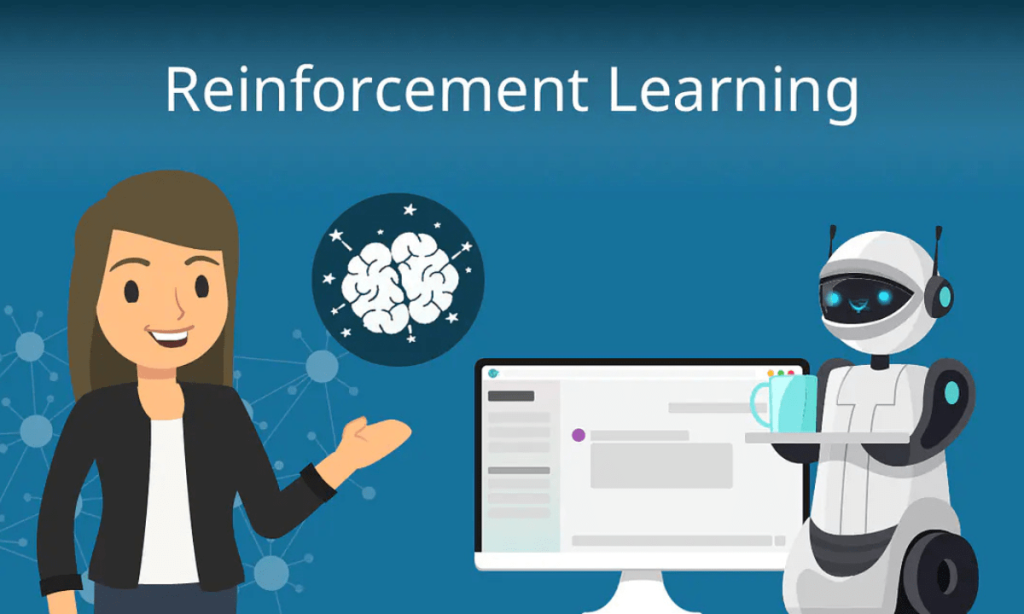
Optimizing Inventory and Supply Chain Management
A process known as reinforcement learning (RL) alters business processes by utilizing more sophisticated choices. In order to control the stock of a company, RL analyzes historical sales and anticipates demand in the near future to ensure that the right amount of stock is maintained, decrease losses, and prevent emptying stocks.
Similar to the way supply chain works, RL algorithms can identify the most efficient delivery routes and help cut down on transport expenses. They adapt to changes in demand. Companies that use RL in logistics will benefit from speedier delivery times as well as improved efficiency of operations.
Enhancing Customer Service and Engagement
Chatbots and AI-powered assistants gain in RL by learning through interactions with customers. In time, they’ll improve their effectiveness, lessen the work of humans, and provide an uncomplicated user experience.
In addition, reinforcement learning allows companies to tailor their marketing strategies by analyzing the behavior of users and preferences, which enables specific suggestions and promotions that increase customer engagement and increase the conversion rate.
Dynamic Pricing and Revenue Optimization
Reinforcement learning allows businesses to adopt innovative pricing strategies. By constantly analyzing the changes of the market as well as competitor behavior and the consumer demand, RL models adjust prices in real-time, boosting revenues even while operating competitively.
This approach ensures that companies are in a position to adapt to market changes and increase profits without compromising the quality of service to customers.
Streamlining Manufacturing and Process Efficiency
In the manufacturing sector, RL can be used to enhance the process by monitoring production lines and anticipating maintenance needs, and identifying weak points. This helps reduce the time between maintenance, reduces operating costs, and increases the quality of production.
In a variety of industries, the process of reinforcement learning enables companies to be more efficient and make decisions using data, thereby increasing overall efficiency.
Conclusion
The integration of reinforcement learning in every aspect of business–from stocks and supply chains to manufacturing and customer interactions– helps companies improve efficiency, increase profits, and gain an advantage.
Through the use of RL, companies can make better choices to reduce costs and deliver seamless experiences for employees and customers.
